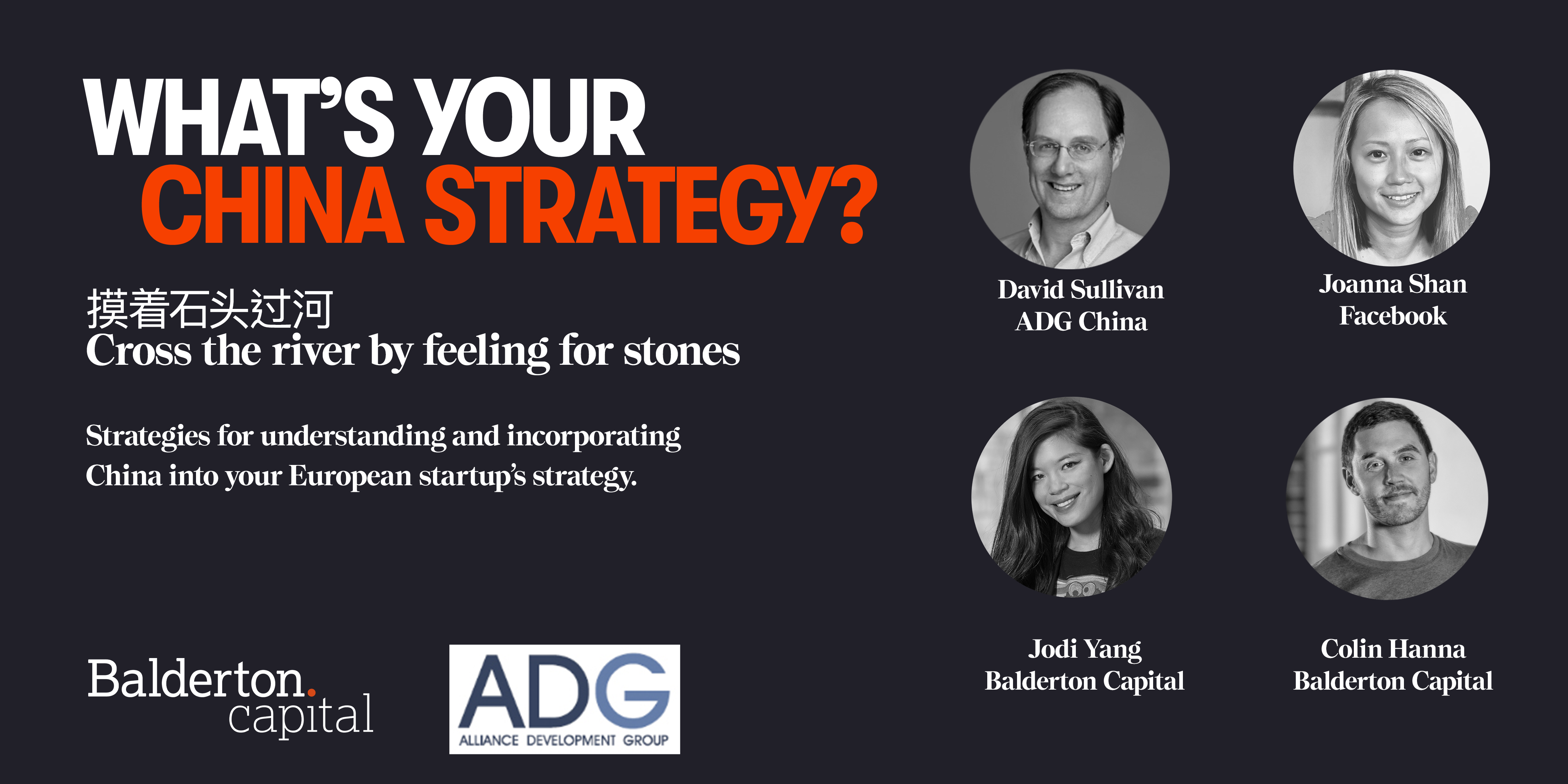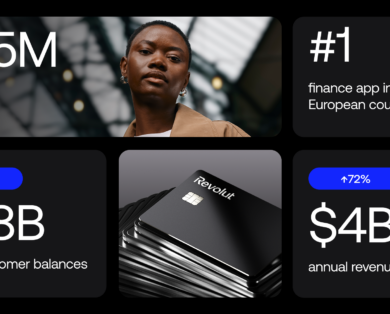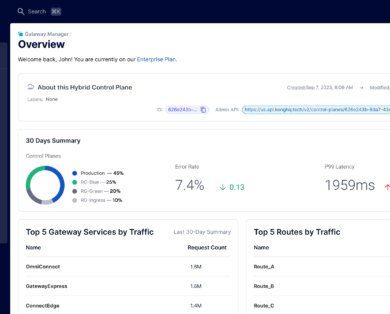- Portfolio News
- 25 April, 2025
There is a saying in China, 摸着石头过河, that translates to “cross the river by feeling the stones”.
It is generally attributed to Deng Xiaoping, who used it as a metaphor to describe China’s approach towards the reform and opening (改革开放) which kicked off at the end of the 1970s. On one side of the river was China’s closed, Marxist, centrally-planned economy.
On the other was an open, liberalized, market-driven one. China hadn’t crossed this river before, and so would need to do so slowly, thoughtfully and carefully, by feeling the stones.
Today, just over forty years later, it’s clear the approach has been hugely successful. So successful, in fact, that internet and software entrepreneurs across the world need to employ a similar strategy if they are to cross the river the other way, by successfully navigating the strongest cultural, linguistic, regulatory and technical rapids we’ve seen in recent years. This makes success more tenuous, but rewards perhaps more precious for those who can still find a way to incorporate the modern day Chinese behemoth into their supply chains, their user bases or their cap tables.
To that end, we were humbled to host an event at our Balderton offices recently that tried to shed light on how foreign internet entrepreneurs might best engage with China.

We were joined by David Sullivan, Founder of ADG China, one of the top cross-border technology advisory firms focused on China. We were also lucky to have with us Joanna Shan, a Beijing-native and Peking University graduate who works on the Partnership team at Facebook, and Balderton’s own Jodi Yang, Head of Investor Relations, who has extensive experience both operationally on the ground and managing cross-border capital raising processes with China.
Here are a few key takeaways from the discussion:
- Entering the Chinese market is better done wholeheartedly, with substantial resources and sufficient time allocated to the effort, or not at all. To consider China just another market on the path towards global leadership is to grossly underestimate the scale of the undertaking. Even companies with tremendous resources (see Facebook, Google, Uber) can fail in their efforts.
- Partnering with provinces and local governments and cutting deals at the regional level can be a more sensible approach. These provinces often have the size and population of large European countries. China has more than twice the population of the 28 countries in the EU divided across 23 provinces (and 11 municipalities and special administrative regions). For example, Anhui province has roughly the same population as Italy, the Beijing and Shanghai municipalities each have more people than the Netherlands, and Guangdong, Henan and Shandong each have populations substantially larger than Germany’s.
- Allocating 6 months to 2 years from start to finish is sensible in terms of a realistic timeline for getting a deal done with a local partner. It will also mean either regular trips or the establishment of a permanent office in Beijing, Shanghai, Shenzhen, Hangzhou or Hong Kong. Too often foreign companies have set up a great schedule of meetings on a first trip and not returned to follow up, and so getting boots on the ground (or hiring them via an organization like ADG) is often a prerequisite to kicking off deals in earnest.
- In negotiations, remain transparent, firm and pragmatic. Your negotiating partner will expect you to. Also, until the final deal is signed you can expect issues you thought were previously agreed to still be in play, as they might be used to bargain or trade for the outstanding terms.
- The playing field in China for foreign firms is not level. Foreign companies need to obtain a specific license to be able to sell and deploy cloud software for example.
- While China has in the last five years started to leapfrog the West in the sophistication of its social media, e-commerce, telecommunications and mobile payments infrastructure, b2b and enterprise software has lagged behind on a relative basis. That is changing, and fast. Expect increased local competition and more headlines proclaiming massive new enterprise software companies born and bred in China.
- Given the degree of competition and scale of the 800M internet users in China, startups sometimes have to prioritize strategy above product. Particularly when the companies trade in substitutable goods (like ridesharing or delivery services). Making sure you are employing appropriate go-to-market strategies is critical to success
- Some of the high growth areas where foreign firms can still offer differentiated services in China include outbound travel and world-leading healthcare, both of which the Chinese have an insatiable demand for but have only been accessible to most relatively recently.
It is a charged time, thirty years to the week after Tiananmen Square, forty years after the launch of reform and opening. With trade tensions rising steeply and newspaper articles highlighting how Chinese and American governments are working to keep critical components away from each other’s military supply chains. This is a scary time.
It is times like these that private citizens and businesses can continue to work together to increase mutual understanding, to engage each other with openness and respect.
We hope the above has helped you a little bit with a toolkit to help you do that.














